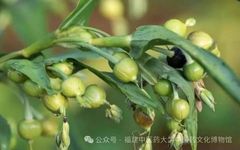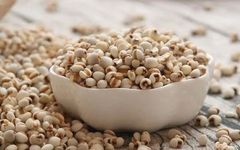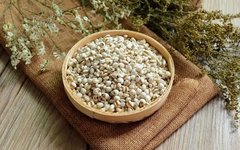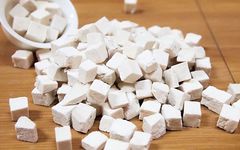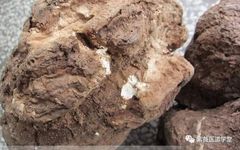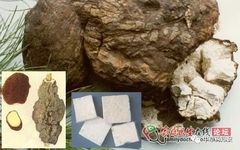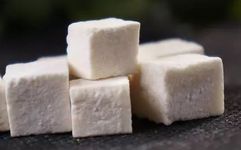Fujian Medicinal Herb – Coix Seed
Click the blue text to follow us With the recent increase in rainfall, the humidity during the spring and summer seasons has become heavier. We recommend a medicinal herb from Fujian known for its ability to dispel dampness—Yi Yi Ren (Coix Seed). Yi Yi Ren (Coix Seed), also known as Job’s Tears, thrives in warm … Read more

